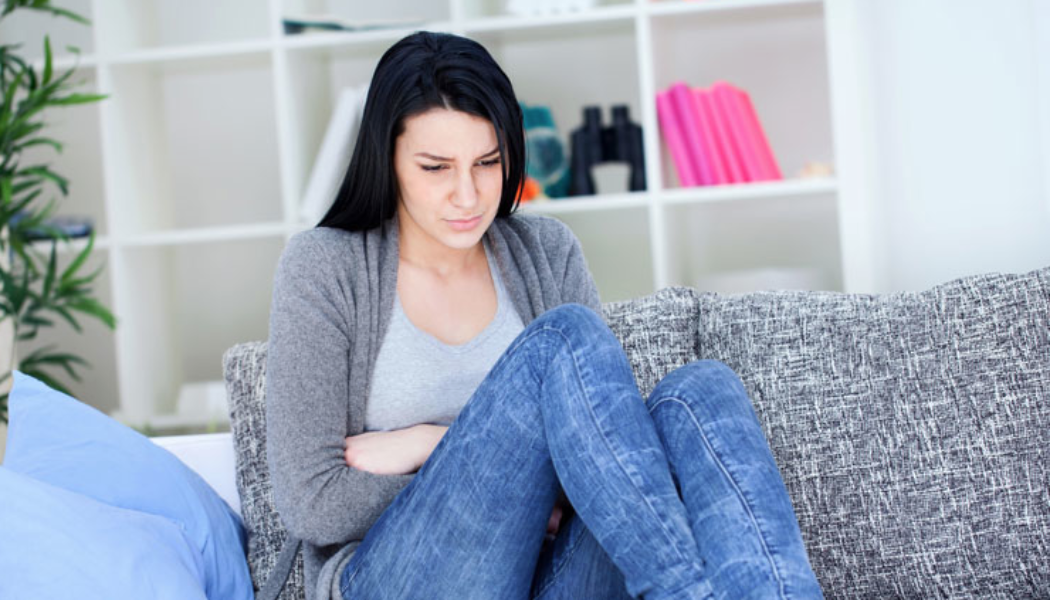Female Health
Ladies – Here Are 6 Ways To Have It All.
6 Ways To Have It All For many women today, it’s hard to find a moment to breathe, let alone take care of your health. Whether you’re working in the office or in the home, raising your children or caring for elderly parents — it’s a balancing act just to get through the day. Yet taking care of yourself and staying in balance mentally and physically is central to meeting all the demands of your family and career. “Women today have so many areas of life to attend to, it’s important that they set aside time to maintain their own health and happiness,” says Sankari Wegman, an Ayurvedic expert at The Raj Maharishi Ayurveda Health Spa in Fairfield, Iowa. A wife and mother of two young children, she herself juggles work, teaching and home life. Here she offers six simple suggestions from Maharish...
Successful Postpartum With Ayurveda
Successful Postpartum with Ayurveda A successful postpartum involves complete recovery and rejuvenation of tissues after childbirth, healthy digestion and feeling happy and joyful about motherhood. Ayurveda, the traditional medicine of India, shines light on how to care for new mothers and their babies. Ayurveda understands the changes that women undergo during childbirth and what is required for proper recovery and rejuvenation. According to Ayurveda, one of the most sacred periods in a woman’s life is the 42 days (six weeks) after giving birth. This time is considered possibly more important than the pregnancy itself! This postpartum period is a unique window which calls for special care. Ayurvedic medicine embraces a broader scope of practice using ancient knowledge and skills to rejuve...
Female Health: Amenorrhea [cessation of menses] – An Ayurvedic Perspective
Female Health: Amenorrhea – An Ayurvedic Perspective Amenorrhea is a condition characterized by the absence of menstruation. This disorder is of two types – Primary amenorrhea and secondary amenorrhea. If a girl has not menstruated by age 16 it is referred to as primary amenorrhea and can continue indefinitely. Secondary amenorrhea is characterized by the absence of 2-3 periods in a row in a woman who menstruates normally. Pregnancy, lactation and menopause do not create the absence of menses. Etiological Factors To Consider: There are many etiological factors in amenorrhea. It can be due to endocrine disturbances such as hyperthyroidism which can be due to increased vata and kapha. Increased kapha can manifest in hypothyroidism leading to primary amenorrhea. Other factors such as...
Female Health: Menorrhagia ~ 5 Simple Ayurvedic Considerations
Female Health: Menorrhagia ~ 5 Simple Ayurvedic Considerations Menorrhagia is a condition that results in excessive bleeding during a woman’s menstrual cycle. This can include both the amount of blood and/or the number of days during which bleeding occurs. The causative factors can vary from hormonal imbalances to diet and lifestyle patterns. Ayurveda classifies this disorder as a pitta [heat] imbalance and can be common during the pitta stage of life (ages 30-40 years). If not properly managed, this can also lead to anemia and patients may start to feel fatigue and develop headaches amongst other symptoms. Ayurveda Considers The Root Cause It is important to discover the root cause of the disorder, as it may vary for each individual. From an ayurvedic perspective, the strength of agni [t...
6 Practical Tips For Managing PMS ~ An Ayurvedic Perspective
Premenstrual syndrome is a common affliction in many women. According to Ayurveda having PMS is not a ‘normal’ occurrence – it usually implies that there is an imbalance in the body. A ‘normal’ menses experience should be without pain and mood swings. However, in today’s society of high pressure and activity it has become inevitable that most women are experiencing all kinds of symptoms. There are some home remedies that can help reduce the symptoms and pain associated with PMS. Some of the recommendations will differ according to the signs and symptoms, but there are some general guidelines one can follow to help prevent and manage some of the discomfort during the cycle. 6 Practical Tips For Managing PMS ~ An Ayurvedic Perspective 1. Following a light diet the week before (and during) yo...




![Female Health: Amenorrhea [cessation of menses] – An Ayurvedic Perspective](https://healthyayurveda.com/wp-content/uploads/2015/07/1.-Amenorhea--1050x600.png)
![Female Health: Amenorrhea [cessation of menses] – An Ayurvedic Perspective](https://healthyayurveda.com/wp-content/uploads/2015/07/1.-Amenorhea--80x80.png)



